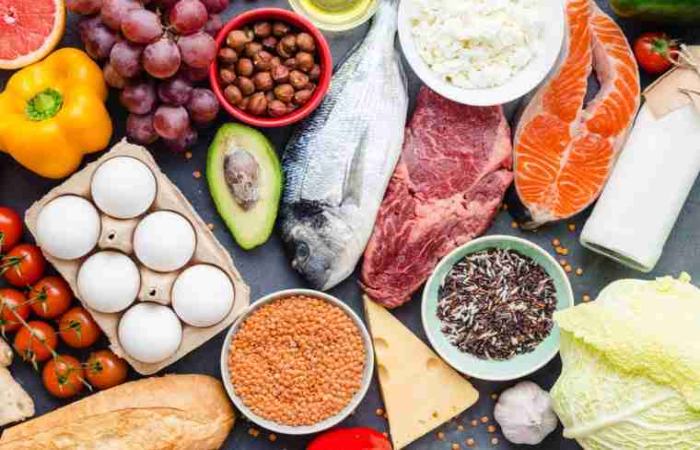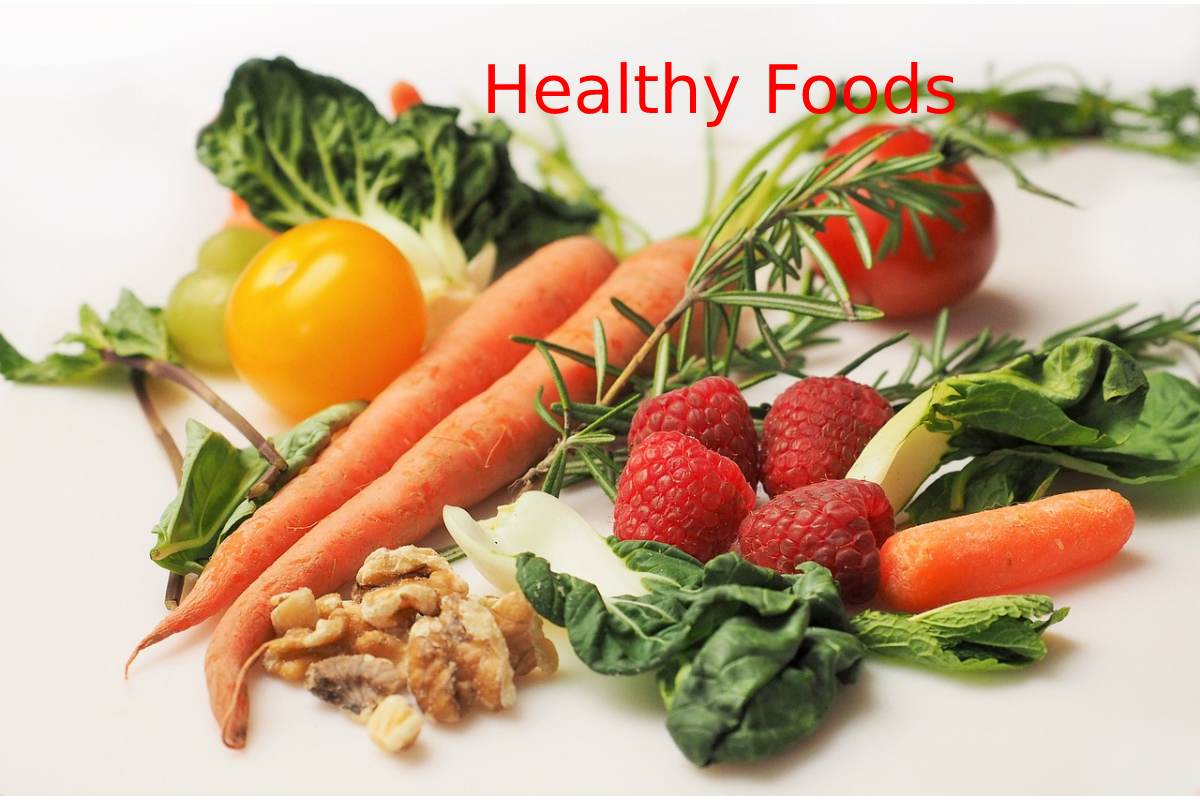Building muscle or gaining weight is not as easy as it seems. But just as there are diet and Healthy Foods for losing weight, there are also diets for gaining weight. A diet for weight gain should focus on high-calorie intake and high-quality protein. However, it’s also essential to choose the proper diet for weight gain, including a healthy, balanced diet, not just empty calories and fat. A good diet for weight gain will provide you with essential nutrients and help you build muscle mass.
Fighting underweight is just as problematic as fighting overweight. Being underweight also brings health issues such as fatigue, low immunity, frequent infections, brittle bones, pale skin, brittle hair. Therefore, choosing an effective and healthy diet is imperative to gaining weight.
Table of Contents
What Is A Healthy Weight Range?
Your body mass index (BMI) determines your healthy weight range. To calculate your BMI, divide your weight by height in meters squared. The answer you get is your BMI.
A BMI between 18.5 then 24.9 is within the healthy weight range. If your BMI is 18.5 or less, it means you are underweight.
Reasons For Being Underweight
High Metabolism:
Everyone has a different body type. People with a high metabolism stay lean and do not gain weight no matter how much food they eat per day.
Family history:
Our genes play a vital role in causal our body structure and weight. So if you have a low BMI and a genetically thin body, it will affect your weight.
Eating Disorders:
Eating disorders such as anorexia nervosa and bulimia nervosa are also underweight.
Medical Conditions:
Medical conditions such as diabetes, hyperthyroidism, infections, cancer, etc., can also lead to weight loss.
Mental Illnesses:
Mental illnesses such as depression, anxiety, Stress, and eating disorders can also cause loss of appetite and weight loss.
Tips For Healthy Weight Gain

1. High-Calorie Foods
To gain weight healthily, eat foods like banana, avocado, and whole milk high in calories and nutrients.
A high-calorie diet is necessary to gain the right weight for your body type. Therefore, it is essential to know about good high-calorie foods in addition to high-calorie foods.
Some nutritious and high-calorie foods to include in your diet are homemade granola bars, tofu, avocados, chickpeas, etc.
2. Eat Healthy Carbs
A common misconception is that carbohydrates lead to obesity. The truth is that weight gain depends on the number of calories you consume. Therefore, you can add healthy carbs like bananas, potatoes, sweet potatoes, red or brown rice, whole grains, and fruits to help you gain weight in a healthy and safe way.
Try to incorporate good quality carbs into all of your meals in one way or another. A balanced meal is essential for getting your body’s nutrients to function correctly.
3. Protein-Rich Foods
Proteins make up our muscles. Not getting the recommended protein intake can make your weight gain pointless.
A lack of protein in your diet can convert calories directly into fat and interfere with maintaining a healthy weight. Eat at a minimum of 1.5 to 2 grams of protein per kg of body mass to gain weight and build muscle mass.
Chicken breast, turkey, nuts, legumes, beans, fish, eggs, and milk are excellent lean protein sources.
4. Reduce Stress
Stress causes loss of appetite and increases appetite in some. Either way, Stress is highly detrimental to your mental and physical health.
Avoid Stress as much as possible. Meditate, breathe deeply, listen to music, relax, take a hot shower and stay active to relieve stress.
5. Muscle Training
Your goal should be to gain muscle mass, not fat mass. Therefore, it is vital to exercise and do strength training at least 2-4 times a week.
Also Read: What Is Mouth Ulcer? – Causes, Treatment, Types, And More

